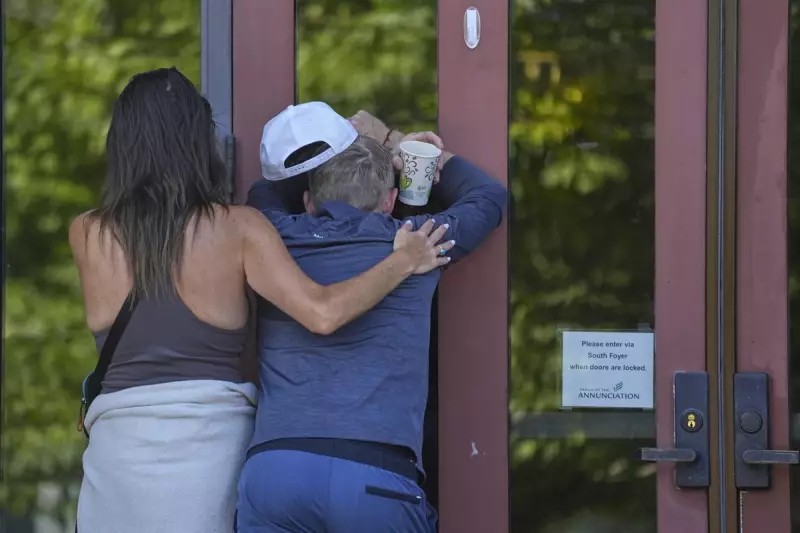
The Archdiocese of St Paul and Minneapolis has taken the dramatic step of filing for Chapter 11 bankruptcy protection, confronting a staggering $210 million in liabilities from over 400 sexual abuse claims.
This strategic move comes as the Catholic institution faces an overwhelming wave of litigation from survivors seeking justice for historical abuses within the church. The filing represents one of the most significant financial reckonings for the American Catholic Church in recent years.
Bankruptcy as a Path to Resolution
In an official statement, the archdiocese framed the bankruptcy filing as "the best way to provide the most compassionate and equitable response to victim-survivors." Church officials emphasised that this approach would allow for a coordinated resolution of all claims rather than addressing them through protracted individual lawsuits.
The archdiocese was quick to reassure parishioners that day-to-day operations would continue uninterrupted. "This reorganization will have no impact on the ministries, services and outreach of our parishes, schools and other organisations," the statement read.
A Pattern of Institutional Response
This development places Minneapolis among more than a dozen U.S. dioceses that have sought bankruptcy protection in the face of mounting abuse claims. The pattern has become increasingly common as institutions grapple with the financial consequences of historical abuse cover-ups and failures to protect congregants.
The bankruptcy process will involve creating a compensation fund for survivors while allowing the archdiocese to continue its religious and community services. This approach has drawn both support and criticism from advocacy groups representing abuse survivors.
Ongoing Legal and Moral Reckoning
The filing represents another chapter in the Catholic Church's ongoing struggle to address its legacy of sexual abuse. While providing a structured mechanism for financial compensation, many survivors continue to seek broader institutional accountability and transparency regarding historical abuses.
As the bankruptcy proceedings move forward, they will likely involve difficult negotiations between church representatives, legal authorities, and survivor advocacy groups to determine appropriate compensation and ensure such failures never occur again.





